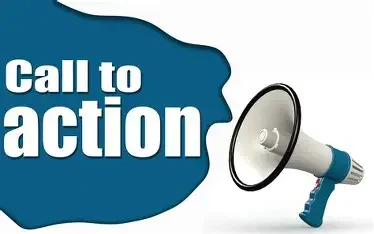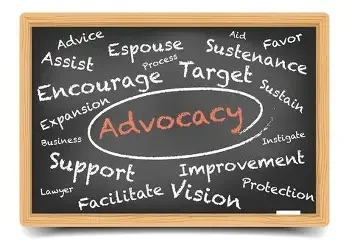Your Voice Matters: Help Shape New York’s Updated Olmstead Plan
Alt text: Decorative image with a bullhorn and a sign that says “News”.
Nursing Home Staffing Mandate Delayed Until 2034
Alt Text: Clip art depicting women and men in business attire.
Save #CDPAP: Your Story Matters!
Alt Text: Image that states “call to action” with a bullhorn.



















